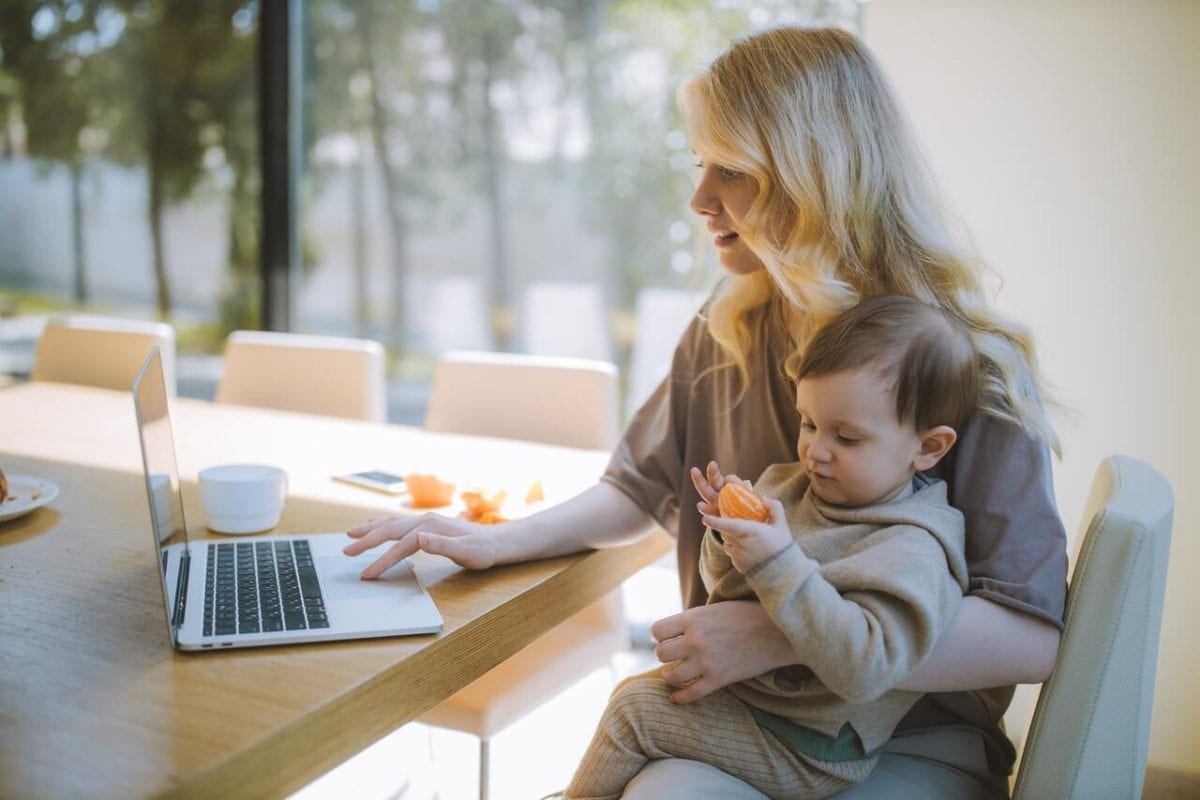4 big legal tips on how to manage a divorce during COVID
Since 2020, the world has become more uncertain than ever. On top of dealing with a divorce during a pandemic in Australia, that uncertainty may cause life to feel out of control.
By Associate, Lucia Guo and Head of Family Law, Annabel Murray at Australian Family Lawyers Sydney.
That said, there are some things that you CAN control if you’re going through a divorce during COVID-19.
Read on for our advice on divorce during the age of coronavirus.
1. Research your options

Pre-Covid-19, you would have attended the lawyer’s office to have meetings to talk to your lawyer about your divorce, obtain advice, and sign court documents for your divorce. Those concerned about in-person meetings can still obtain quality legal service remotely.
Post-Covid-19 many family law firms adapted to the change to provide legal services via telephone and video calls. Likewise, at Australian Family Lawyers, we’ve continued to provide our clients with legal services throughout the pandemic and the current endemic. This means that we can provide advice to our clients, obtain their detailed instructions, prepare or advice on their draft application for divorce and assist and advice throughout the process.
There are options in how a divorce application can be served:
a. Sole divorce application
If you’re getting a divorce, you have the option of one of you solely applying to the court for the divorce order to be made. This is called a sole application.
This will require that once the application is filed that it is served on their spouse. Once a document is served, the court requires evidence that the non-applicant spouse is aware of the divorce proceeding so that the court can make the divorce order in their absence.
b. Joint divorce application
You also have the option to make a joint application for a divorce. A joint application means that as you and your spouse both:
- complete the application,
- sign the application and
- file it jointly; then service is not required.
A joint application is often a good choice for married couples with children under 18 because it gives them a choice not to attend the divorce hearing.
The Family Court (Federal Circuit and Family Court of Australia) issued practice directions during COVID-19 to the effect that most court documents can be signed and witnessed without seeing your lawyer in person.
Once the divorce order is made, the orders will be available to download electronically from their CommCourt portal.
2. Arrange evidence of separation

Obtaining a divorce during COVID comes with its own set of unique challenges. For those during lockdown who could not obtain their own accommodation and live separately and apart during the whole or part of their separation, affidavit evidence will be required to be filed in support of the divorce application to evidence that separation.
The court will not grant the divorce if there is not sufficient evidence that you and your spouse have been separated for the minimum of 12 months and one day before filing the application for divorce.
For those contemplating separation or who are unsure what to do on separation, some initial legal advice is helpful so that the court has evidence of:
- when the separation occurred;
- that the intention of separation was mutually agreed upon or clearly communicated to the other spouse; and
- that the public and private aspects of legal separation are satisfied.
This evidence can minimise the risk of later learning that the grounds of a legally recognised separation may, in fact, have not been satisfied.
3. Are parenting arrangements properly in place?
The court has choices, too, in making a divorce order. It can refuse to grant a divorce if they’re not satisfied that there aren’t proper parenting arrangements in place for the care, welfare and development of children under 18 years of the marriage.
Children will include:
- one spouse’s child;
- an adopted child;
- children born of the marriage; or
- children treated by both spouse parties as their child.
4. Property settlement considerations after divorce
A divorce order ends your marriage. It won’t bring about a property settlement.
Once you’re legally divorced, the 12-month time limit applies for property and maintenance claims to be litigated in the court. Applications filed outside the 12-month time limit requires leave of the court.
In seeking your divorce during COVID, consider your family law property settlement. For many couples, they need their settlement to live separately. Other couples will have completed their property settlement before their divorce after their separation.
You should have in place an updated Will and consider your nominated beneficiary of your superannuation fund. It is prudent to obtain advice about family provision claims under your estate. Couples can reach an agreement to minimise the risk or prevent a future claim being made by their ex-spouse upon their future death under the NSW Succession Act.
There are options as to how to resolve these issues best. Some couples can agree themselves. Some benefit from mediation or a collaborative law process and lawyer-assisted negotiations. There is no one size fits all approach.
For those who can’t agree on all or some issues, then litigated proceedings may be required, or they may choose to use arbitration.
Navigating divorce during COVID
Getting early legal advice can assist you in making better decisions having a better understanding of the process and your options, especially during this challenging time of divorcing during COVID. There’s never an easy time to deal with your divorce. However you can go into it informed and supported, which can help make the process easier.
Australian Family Lawyers offers initial consultations which aim to set out a roadmap in helping you understand your choices and options in the path ahead. We can help you move forward in post-separation life, having understood your options and having made the best choices for you and your family in a difficult time.
Need some friendly support and guidance? Fill out the form below to request a call back from our team.
Do you have a question about family law or relationship law?
Call now 03 9088 3184
If you would prefer an Australian Family Lawyers team member to contact you, complete the form below.




